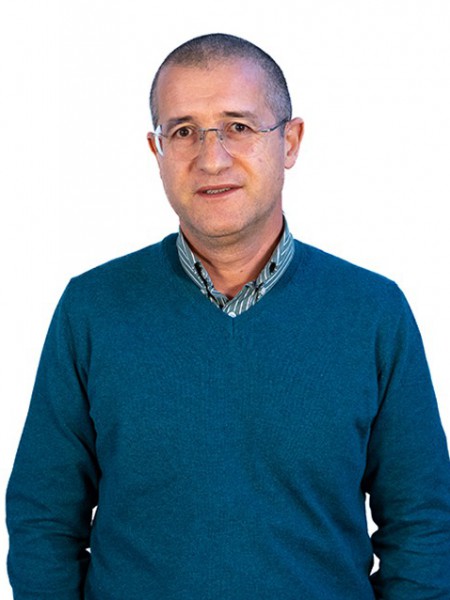resumo
Cancer is the second leading cause of non-accidental death in the world, accounting for roughly 9.6 million deaths in 2018. In the latter years, research in this domain has grown exponentially, as a way to provide deep insights into this malignancy, but also new tools for early diagnosis and efficient personalized treatment options. Microfluidic lab-on-a-chip technology has demonstrated a high potential on the design of new methodologies for cancer diagnosis, treatment and disease follow-up. Here, we present a detailed review on the application of the microfluidic platforms for the detection and separation of tumour cells from blood (liquid biopsy) and the development of new drug delivery systems for cancer conquering. (C) 2019 Elsevier Ltd. All rights reserved.
palavras-chave
CIRCULATING TUMOR-CELLS; DRUG-DELIVERY SYSTEMS; ONE-STEP FABRICATION; LABEL-FREE ISOLATION; POLYMERIC NANOPARTICLES; RECENT PROGRESS; GENEXOL-PM; PHASE-I; CHIP; PLATFORM
categoria
Materials Science
autores
Silva, ACQ; Vilela, C; Santos, HA; Silvestre, AJD; Freire, CSR
nossos autores
agradecimentos
This work was developed within the scope of the project CICECOAveiro Institute of Materials, FCT Ref. UID/CTM/50011/2019, financed by national funds through the FCT/MEC. The research contract of C. Vilela is funded by national funds (OE), through FCT Fundacao para a Ciencia e a Tecnologia, I.P., in the scope of theframework contract foreseen in the numbers 4, 5 and 6 of thearticle 23, of the Decree-Law 57/2016, of August 29, changed byLaw 57/2017, of July 19. FCT is also acknowledged for the doctoralgrant to A.C.Q. Silva (SFRH/BD/140230/2018) and for the researchcontract under Stimulus of Scientific Employment 2017 to C.S.R. Freire (CEECIND/00464/2017). H.A.S. acknowledges Sigrid JuseliusFoundation (grant no 4704580) and HiLIFE Research Funding.





